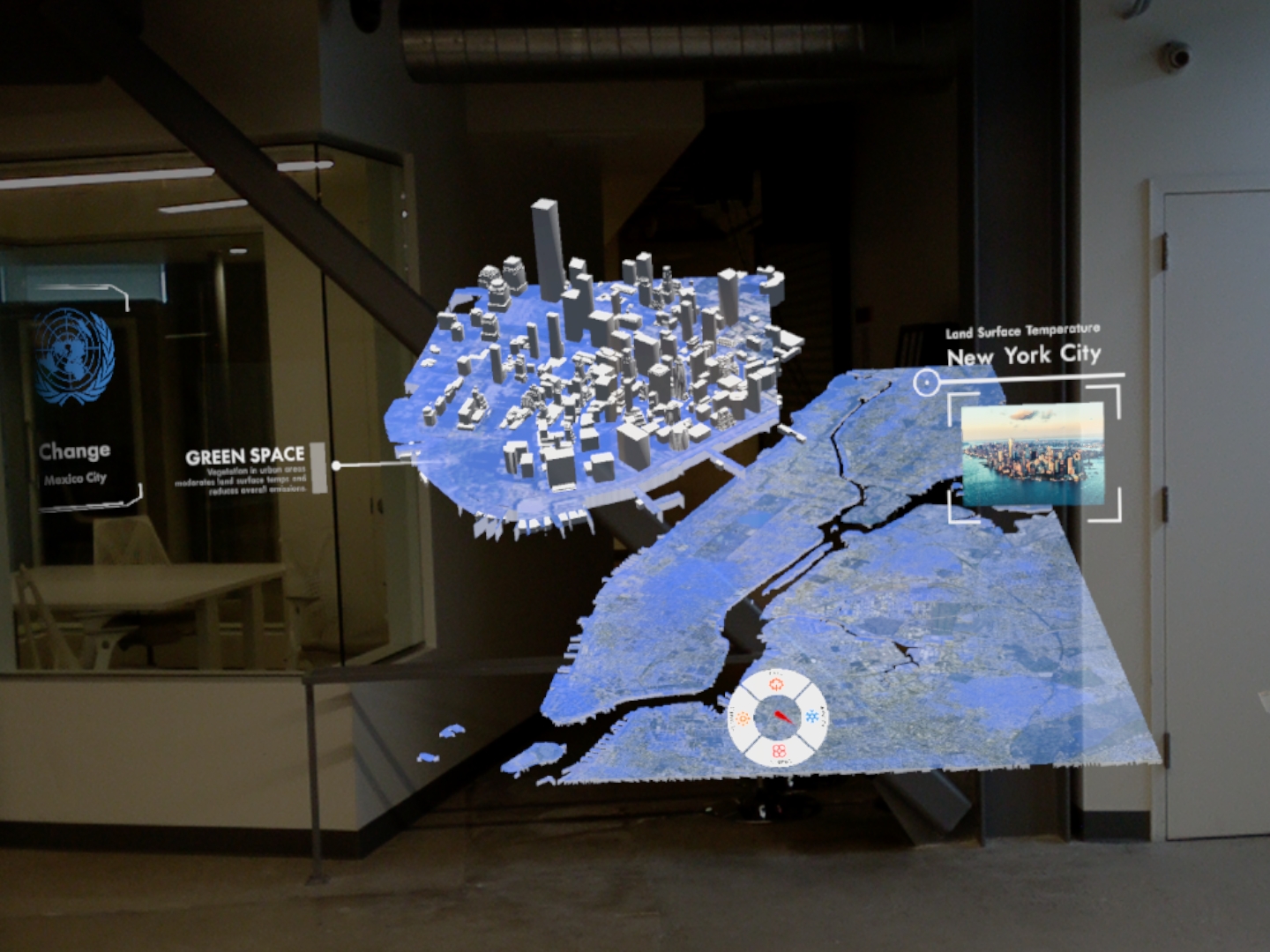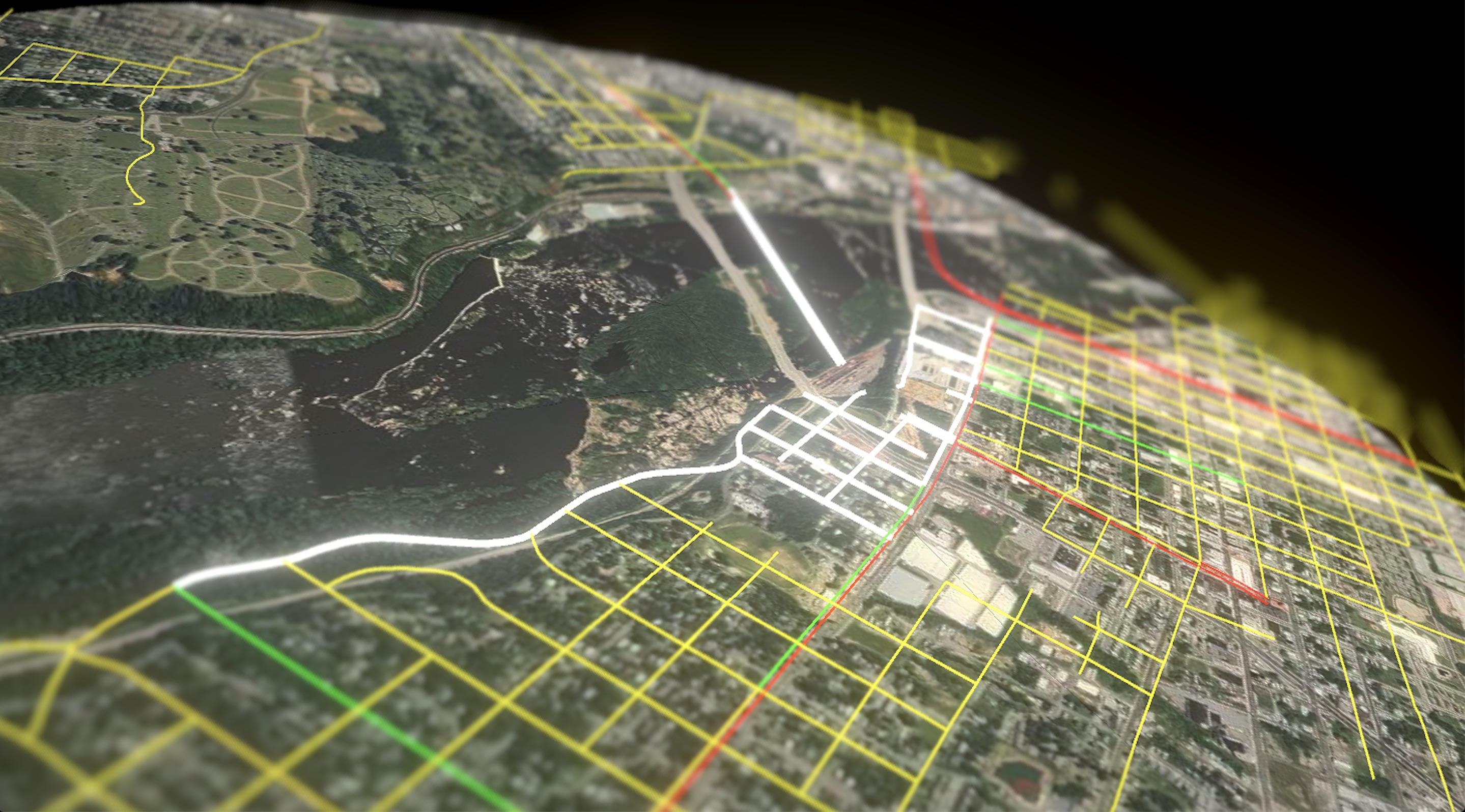When the Los Angeles-based extended reality data visualization company, BadVR, first heard that one of its earliest benefactors, Magic Leap, was about to shed 1,000 jobs and was fighting for its life, the young startup was unfazed.
Despite the very public ties that BadVR had to Magic Leap, as one of the enterprise applications on the platform, the startup was more insulated than other businesses from the pivot away from consumer-focused apps.
The first step was finding money from the government’s Paycheck Protection Program to get more capital coming in and maintaining its headcount. Eventually, the company managed to land additional financing in the form of a $1 million grant from the National Science Foundation.
It’s the second grant that the company has taken from the NSF and is an example of how startups can turn to government funding for capital and avoid some of the pitfalls of fundraising from venture capital.
To be sure, even Magic Leap’s trip to the brink of collapse wouldn’t have been that bad for BadVR, which makes enterprise applications for extended reality devices.
What the Magic Leap story shows is that companies don’t need to take venture capital to make it. Indeed, as costs come down for equipment and remote work democratizes access to a country that’s still teeming with engineering talent, thrifty startups can get the capital they need from government sources and corporate innovation grants.
That’s how BadVR got most of its $3.5 million in financing. Some money came from a grant from BadVR, while at least $1.25 million has come from the government in the form of two National Science Foundation cooperative agreements through the Small Business Innovation Research financing mechanisms.

A headset capture of BadVR’s climate change application, built for the Magic Leap One headset. Image Credit: BadVR
BadVR uses virtual and augmented reality tools to visualize geospatial data for a range of government and commercial applications. The startup’s tech is already being used by big telecom companies to accelerate the planning and deployment of 5G networks. And, within the public safety sector, the company’s tech is used to improve situational awareness for first responders and to reduce training, staffing, and operational costs.
“Society has become aware of the power of data and the impact it has on our daily lives. It’s critically important that we make the access of data easy to every organization, regardless of technical skill level or background,” said Suzanne Borders, the chief executive and founder of BadVR, in a statement.
For Borders, the key to tapping government funding is all about proper advance planning. “Those take a long time,” Borders said. “When you get awarded them, you’re looking at a year’s worth of effort. [Our grant] was a testament to us planning for that about a year ago.”
These grants are typically milestone-based, so as long as BadVR was hitting its targets, it could be fairly assured that the money would be there.
“NSF is proud to support the technology of the future by thinking beyond incremental developments and funding the most creative, impactful ideas across all markets and areas of science and engineering,” said Andrea Belz, Division Director of the Division of Industrial Innovation and Partnerships at NSF. “With the support of our research funds, any deep technology startup or small business can guide basic science into meaningful solutions that address tremendous needs.”
Other government competitions are providing the company with additional non-dilutive cash and a chance to kcik the tires on new capabilities.

A capture from BadVR’s augmented reality geospatial data environment, which allows users to visualize multiple live and historical datasets via overlays relevant to their environment. Image Credit: BadVR
That has translated into traction for the company’s Augmented Reality Operations Center. The AROC is a new offering for the product that visualizes data for first responders. Through a challenge hosted by the National Institute of Standards and Technology, BadVR was able to work with the Eureka, Mo. Fire Department to develop a prototype for a specific emergency situation.
It’s an evolution of an early product the company had developed where enterprises can create digital twins of their factories or stores in virtual reality and do a walk-through to examine different conditions.
The visualization work that BadVR does isn’t necessarily all geo-spatial. The company can take all kinds of data and integrate that into an environment that makes the data easier to see. Borders sees the company’s services extending into creating all kinds of collaborative environments for companies.
“The system highlights things that are important to look at,” Borders said. “It’s virtualizing the data visualization experience and bringing it into an immersive environment — and building a more collaborative aspect to that experience.”
Since the COVID-19 pandemic has forced businesses across the country to operate virtually, Borders said the demand for the kinds of. products her company is building — with the government’s help — has only increased.
“That’s been due to increased demand for remote collaboration tools,” Borders said. “We’ve had increased interest in people across the board — but tools that have remote collaboration capabilities — and bring people together to one immersive data experience… those are taking off.”
Comments
Post a Comment